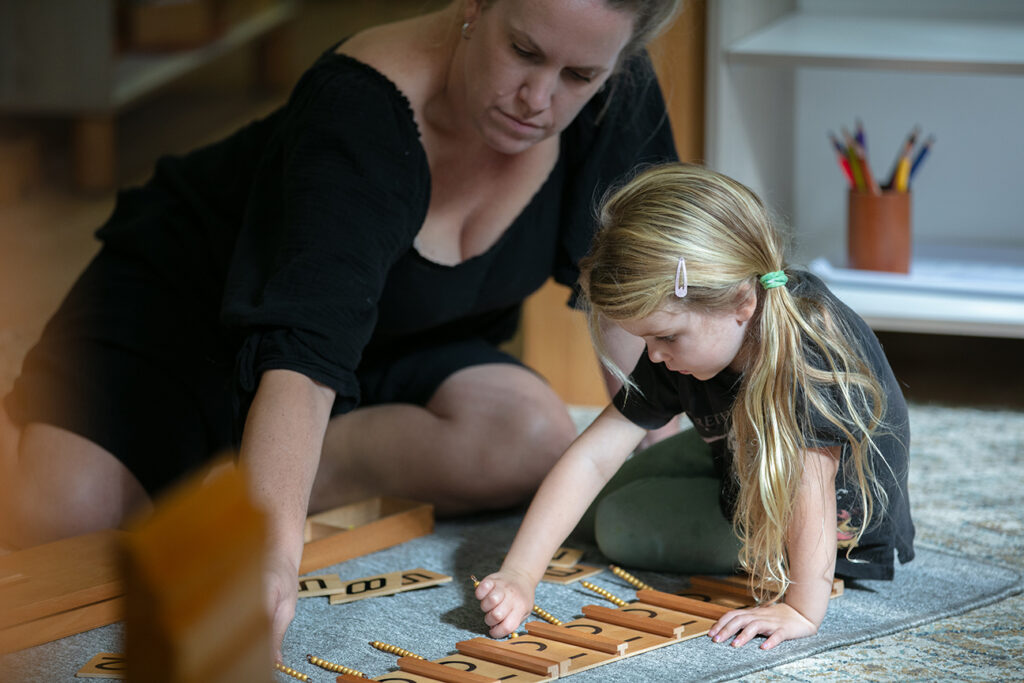Role modelling is critically important in Montessori education (and in life, generally) because children/adolescents learn and internalise behaviour by observing and imitating the adults around them. Instead of just giving instructions, Montessori guides, assistants and parents model calm, purposeful, and respectful actions, which helps children develop self-discipline, independence, and social grace naturally through observation and practice.
Check out the great articles and resources below on modelling behaviour, Dr Montessori’s vision of the prepared Montessori Adult and the Fourth Plane Adult reference.
- Montessori Modelling Inside and Outside of the Classroom
- Modelling Behaviour
- The Fourth Plane Adult
- The Prepared Montessori Adult
Some relevant quotes from Dr Montessori, include:
“On every teacher and every parent, I urge not great instruction, but humility and simplicity in dealing with small children. Their lives are fresh, without rivalry or external ambitions, it takes so little to make them happy, to let them work in their own way towards the normal development of the men and women they will be.” (Maria Montessori Speaks to Parents, pg 18)
“A child is an eager observer and is particularly attracted by the actions of the adults and wants to imitate them. In this regard an adult can have a kind of mission. He can be an inspiration for the child’s actions, a kind of open book wherein a child can learn how to direct his own movements. But an adult, if he is to afford proper guidance, must always be calm and act slowly so that the child who is watching him can clearly see his actions in all their particulars.” (The Secret of Childhood, pg 93)
Our children and adolescents are always watching, learning from the little things we do, not just what we say. Whether it’s pausing to use the pedestrian crossing in the car park, or showing courtesy and care in everyday moments, these small acts send a powerful message. They’re quietly absorbing how we navigate the world, how we respond to boundaries, and how we show respect for others and our shared spaces.
So next time you’re in a hurry or tempted to take a shortcut, remember: those watchful eyes are learning. And just as they’ll notice when we skip the crossing, they’ll also take note when we lend a hand, show patience, or act with grace under pressure. These everyday examples help shape not only their behaviour, but their sense of who they are becoming.
Chris
